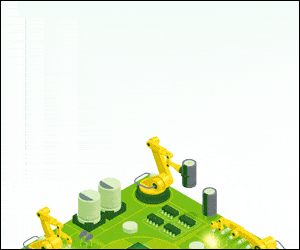Researchers improved the energy density, sustainability and safety of sodium-ion batteries for next-generation energy storage solutions.
Lithium batteries are everywhere. They are used in many electrical devices, but the global lithium resources are rapidly declining and mining operations create a large carbon footprint. Researchers from Imperial College London have developed a technology that can enable lithium batteries to be replaced with more sustainable alternatives.
According to the researchers, sodium-ion batteries could offer a sustainable alternative which, if optimized, could be used in electric vehicles. The energy capacity of these batteries is, however, low. The researchers improved the energy density, sustainability and safety of sodium-ion batteries by preparing carbons from lignin, a waste by-product of the paper industry.
The Titirici Group in the Department of Chemical Engineering have developed a solution by replacing the bulk metals in sodium batteries with sodium-deposited lignin-derived carbon mats.
Corresponding author Professor Magda Titirici said: “It is exciting to see new opportunities for lignin utilization in the battery sector and its potential to develop new sodium-based technologies, which could revolutionize the electric vehicle sector by creating high performance, safe and more sustainable batteries”.
The researchers used the ‘electrospinning’ process for producing lignin mats. The fibers were then carbonized to produce numerous defects in the material structure. These defects support an even and stable deposition of metallic sodium, the element responsible for energy storage, resulting in an increased energy capacity.
Co-author Zhen Xu added: “Our research shows the great potential for sodium-ion batteries to play a significant role in a sustainable energy future. Now we hope to work with industry to develop this technology on an industrial scale and explore new applications for sodium-ion batteries.”
The researchers plan to fine-tune the technology, experimenting with different types of cells and carrying out further experiments.
The research appeared in the journal Energy and Environmental Science.










